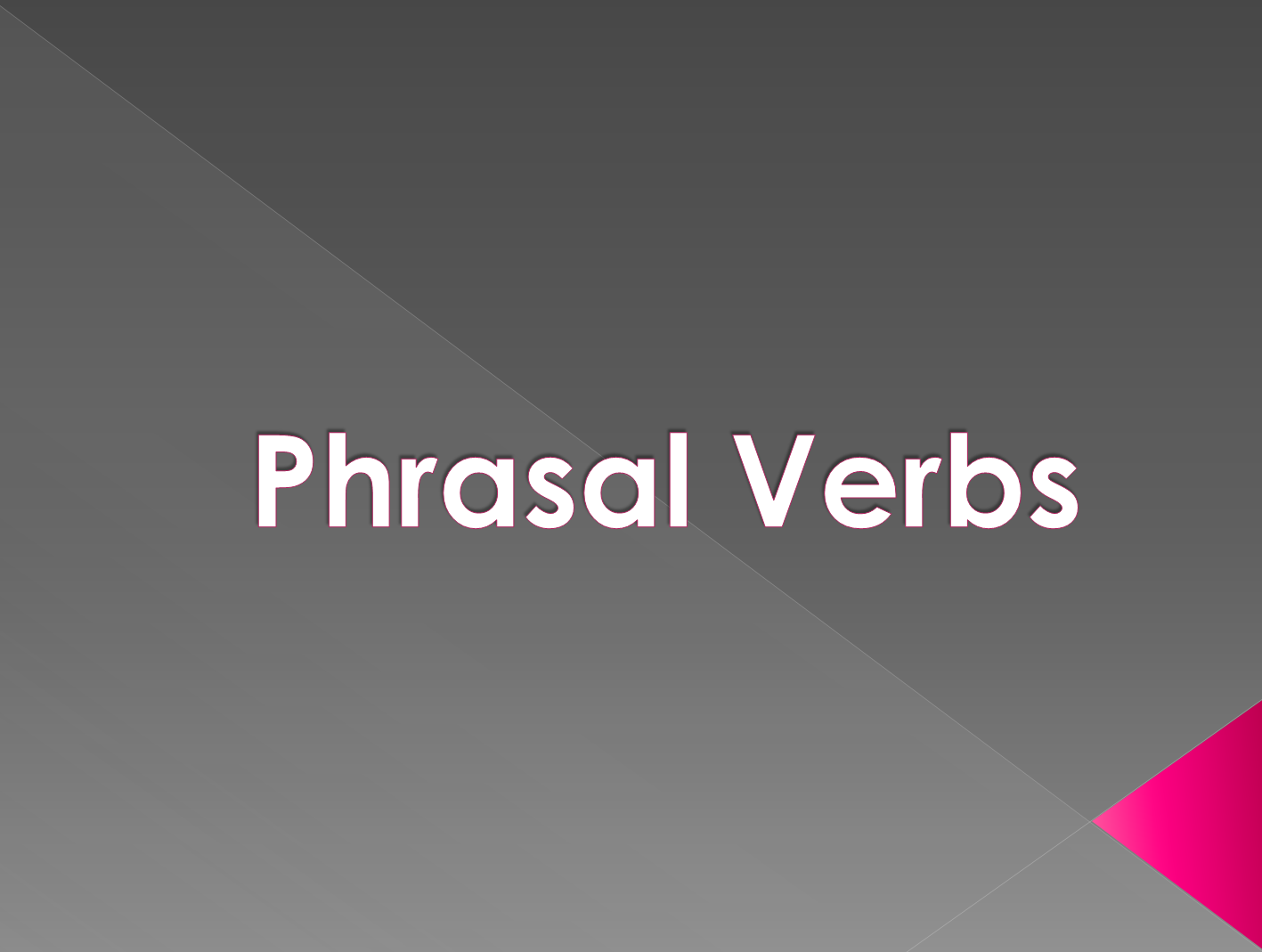
The IELTS Listening test can be a challenging hurdle for many test-takers. With its various accents, fast-paced conversations, and complex questions, it’s crucial to be well-prepared.
To help you ace this section, we’ve compiled a list of 10 quick IELTS Listening tips that can make a significant difference in your performance.
1. Read before you listen and predict the answer
Before the audio starts, take a moment to quickly scan the questions. Predicting the type of information you need to listen for can give you a valuable head start.
2. Read as you listen and focus on the whole question
As the audio plays, read along with the questions. This will help you stay engaged and prevent missing important details. Pay attention to the entire question, not just keywords.
3. Look at 2 questions at once
While multitasking may seem daunting, it’s beneficial to glance at two questions simultaneously. Often, questions may relate to the same part of the audio, allowing you to kill two birds with one stone.
4. Don’t leave the writing to the end
There’s nothing worse than realizing you’ve run out of time to transfer your answers to the answer sheet. Fill in your answers as you go to avoid this common pitfall.
5. Practice your shorthand
Time is of the essence in the IELTS Listening test. Developing your own system of shorthand notation can help you jot down important information quickly and efficiently.
6. Numbers and names check your spelling
Pay close attention to names and numbers. Incorrect spelling can result in losing points, so double-check your work, especially for these details.
7. Don’t write the answer too quickly
It’s easy to jump to conclusions, but sometimes, the audio may provide further clarification or a correction. Avoid rushing to write an answer unless you’re absolutely certain.
8. Don’t leave any blank answers
There’s no penalty for wrong answers in IELTS, so never leave any questions blank. Make an educated guess if you’re unsure, as there’s a chance you’ll get it right.
9. Listen for repeated information
Often, the audio will repeat or rephrase information. If you missed something the first time, you might catch it when it’s reiterated.
10. Look for clues in the question
The questions themselves often contain hints about what to listen for. Keywords in the question may be directly mentioned in the audio, so stay alert to these clues.
By incorporating these 10 quick IELTS Listening tips into your test-taking strategy, you can significantly enhance your chances of success. Remember that practice is key to improving your listening skills. Regularly listen to a variety of accents, take practice tests, and fine-tune your approach based on your strengths and weaknesses.
With dedication and these tips in your toolkit, you’ll be better equipped to tackle the IELTS Listening test with confidence. Good luck on your IELTS journey!
You may also like:- Idioms and Other Expressions Used For Talking About ‘Work’
- What Are Weasel Words?
- Money and Finance – Test Your Knowledge
- Phrasal Verbs, Idioms and Other Expressions Using ‘CUT’
- How to Say Time in English
- Idioms and Other Expressions Used For Talking About Money
- Shopping and Consumerism – Match the Correct Name
- Phrasal Verbs – Choose the Correct Verb
- Currency Markets – Choose The Best Words
- Personal Qualities – Use the Best Nouns and Adjectives








